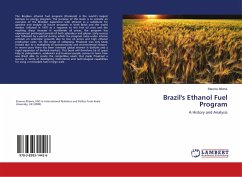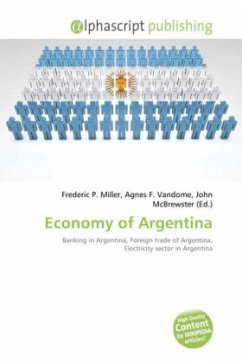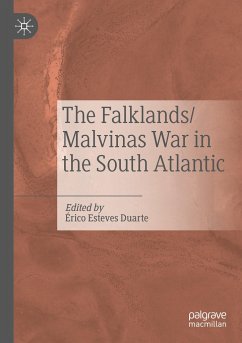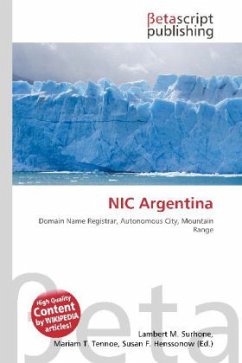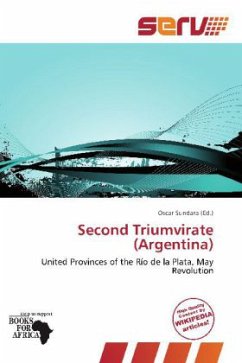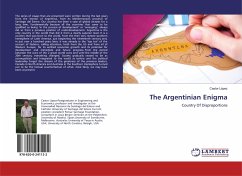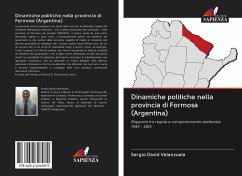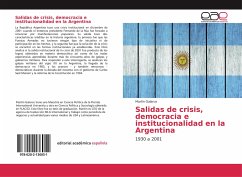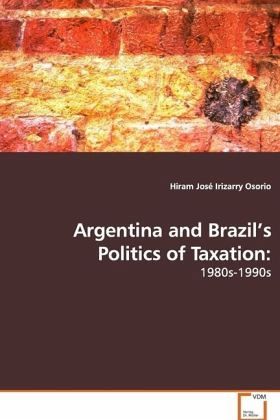
Argentina and Brazil's Politics of Taxation:
1980s-1990s
Versandkostenfrei!
Versandfertig in 6-10 Tagen
52,99 €
inkl. MwSt.

PAYBACK Punkte
26 °P sammeln!
This book addresses the causes of tax policy changes,its direction and magnitude, in a comparative way bystudying three dimensions: centralization,progressivity, and level in Argentina and Brazilduring the 1980s and 1990s. I present a contingentapplication of veto players theory to explain changesin taxation. It gives importance to strategic actors'interactions and their institutional realities. I putforth the necessity of a reduction of effective vetoplayers for change to take place within a realm ofmultiple veto players. I argue that due to areduction of veto players during the late 1980s in...
This book addresses the causes of tax policy changes,its direction and magnitude, in a comparative way bystudying three dimensions: centralization,progressivity, and level in Argentina and Brazilduring the 1980s and 1990s. I present a contingentapplication of veto players theory to explain changesin taxation. It gives importance to strategic actors'interactions and their institutional realities. I putforth the necessity of a reduction of effective vetoplayers for change to take place within a realm ofmultiple veto players. I argue that due to areduction of veto players during the late 1980s inboth cases, change took place in Argentina andBrazil, but to different extent and nature. Thereason for their divergences is the different natureof the respective veto players' reductions and theprevailing interests after these temporaryreductions. The result of the analysis is thatArgentina and Brazil decreased the progressivecapacity of their taxation, but Argentina decreasedit more than Brazil. I close this book with anempirical and theoretical puzzle regardingArgentina's lower taxation level than Brazil.




